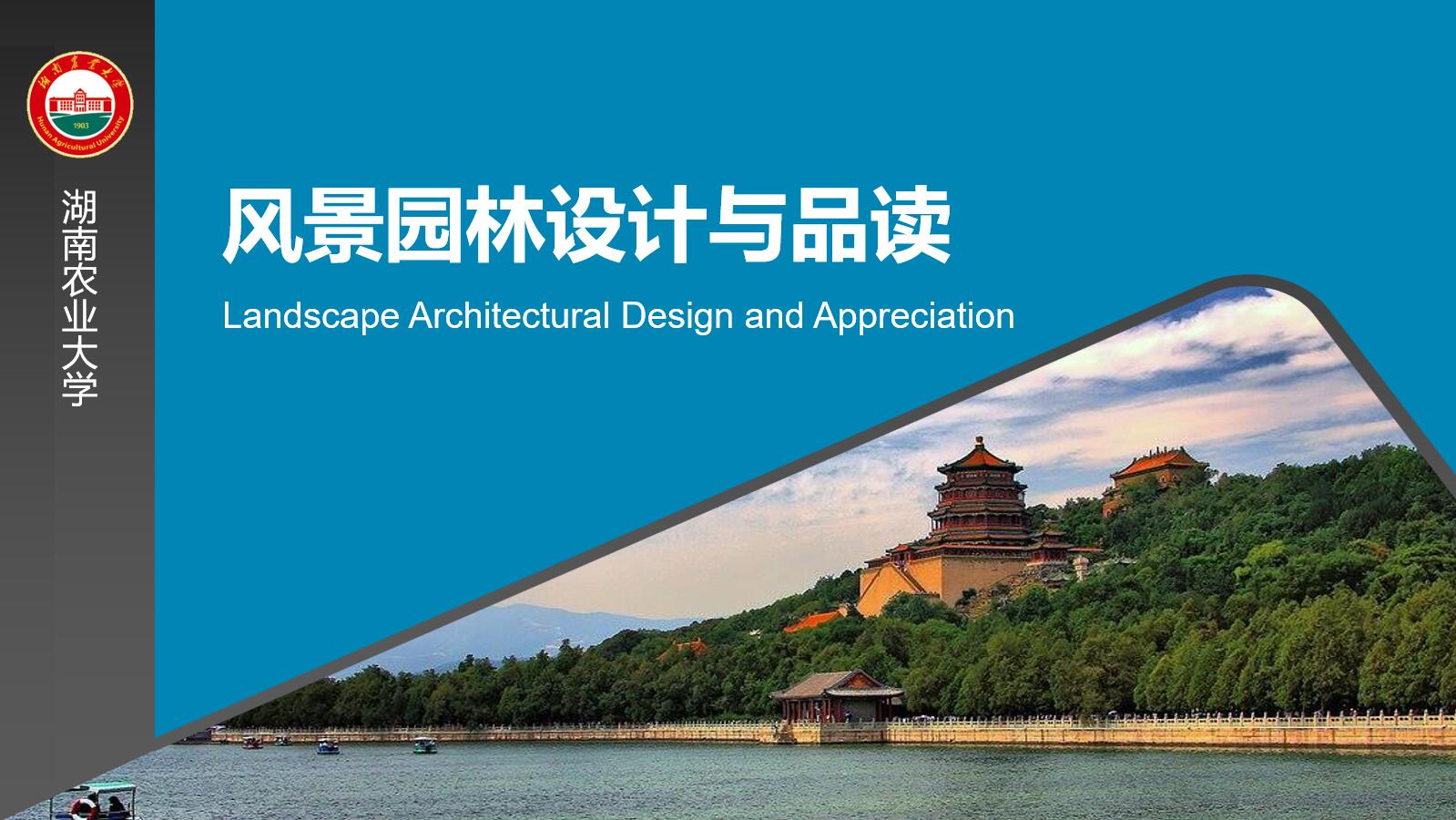
当前课程知识点:国际新闻比较与分析 > 第八章 Global News Flow(全球新闻流) > Chapter VIII Discussion > Chapter VII Discussion
Personally, which country’s news are you most interested in? Why? How is your choice similar or different from the general patterns of international news geography discussed in this section?
-导论 Test
-1.1 Definition of News (新闻的定义)
--1.1 Test
-1.2 General News Values: Timeliness, Impact, Prominence, Proximity (新闻的及时性、影响力、显著性与接近性)
--1.2 General News Values: Timeliness, Impact, Prominence, Proximity
--1.2 General News Values: Timeliness, Impact, Prominence, Proximity
--1.2 Test
-1.3 General News Values: Conflict, Deviance, Currency, Necessity (新闻的冲突性、异常性、话题性与实用性性)
--1.3 General News Values: Conflict, Deviance, Currency, Necessity
--1.3 General News Values: Conflict, Deviance, Currency, Necessity
--1.3 Test
-1.4 Structure and Value of International News (国际新闻的结构与价值)
--1.4 Structure and Value of International News
--1.4 Structure and Value of International News
--1.4 Test
-2.1 Hierarchy of Influences on News (新闻的影响层级)
--2.1 Hierarchy of Influences on News
--2.1 Hierarchy of Influences on News
--2.1 Test
-2.2 Gatekeeping and Personal Influences (新闻把关人与记者个人影响)
--2.2 Gatekeeping and Personal Influences
--2.2 Gatekeeping and Personal Influences
--2.2 Test
-2.3 Media Routines and Organizational Influences (新闻常规与组织影响)
--2.3 Media Routines and Organizational Influences
--2.3 Media Routines and Organizational Influences
--2.3 Test
-2.4 Extra-Media Forces and Ideology (意识形态与组织外影响)
--2.4 Extra-Media Forces and Ideology
--2.4 Extra-Media Forces and Ideology
--2.4 Test
-3.1 Authoritarian and Libertarian Theories of the Press (媒体的威权主义与自由主义理论)
--3.1 Authoritarian and Libertarian Theories of the Press
--3.1 Authoritarian and Libertarian Theories of the Press
--3.1 Test
-3.2 Social Responsibility and Communist Theories of the Press(社会责任与共产主义理论)
--3.2 Social Responsibility and Communist Theories of the Press
--3.2 Social Responsibility and Communist Theories of the Press
--3.2 Test
-3.3 Comparing Media Systems in the West: Three Models (比较媒介体系的三种模式)
--3.3 Comparing Media Systems in the West: Three Models
--3.3 Comparing Media Systems in the West: Three Models
--3.3 Test
-3.4 Comparing Media Systems in the West: Four Dimensions(比较媒介体系的四个维度)
--3.4 Comparing Media Systems in the West: Four Dimensions
--3.4 Comparing Media Systems in the West: Four Dimensions
--3.4 Test
-4.1 State-Owned Media (国有媒体所有制)
--4.1 Test
-4.2. Public-Owned Media (公共媒体所有制)
--4.2 Test
-4.3. Private-Owned Media (私人媒体所有制)
--4.3 Test
-4.4. Concentration of Media Ownership (媒体所有权集中化)
--4.4 Concentration of Media Ownership
--4.4 Concentration of Media Ownership
--4.4 Test
-5.1 Evolution of Foreign Correspondence(驻外报道的历史与起源)
--5.1 Evolution of Foreign Correspondence
--5.1 Evolution of Foreign Correspondence
--5.1 Test
-5.2 The Role of Global News Agencies (全球通讯社与驻外报道)
--5.2 The Role of Global News Agencies
--5.2 The Role of Global News Agencies
--5.2 Test
-5.3 Foreign Correspondence Beyond News Agencies (通讯社之外的驻外报道)
--5.3 Foreign Correspondence Beyond News Agencies
--5.3 Foreign Correspondence Beyond News Agencies
--5.3 Test
-5.4 Foreign Correspondence in the New Millennium(新世纪的驻外报道)
--5.4 Foreign Correspondence in the New Millennium
--5.4 Foreign Correspondence in the New Millennium
--5.4 Test
-6.1 Foreign Correspondents in China(外媒驻华报道)
--6.1 Foreign Correspondents in China
--6.1 Foreign Correspondents in China
--6.1 Test
-6.2 International Journalism in Chinese Media (中国媒体国际报道)
--6.2 International Journalism in Chinese Media
--6.2 International Journalism in Chinese Media
--6.2 Test
-6.3 Chinese Correspondents in Foreign Bureaus (中国媒体驻外记者)
--6.3 Chinese Correspondents in Foreign Bureaus
--6.3 Chinese Correspondents in Foreign Bureaus
--6.3 Test
-7.1 Definition of Geography of News (新闻地理的定义)
--7.1 Definition of Geography of News
--7.1 Definition of Geography of News
--7.1 Test
-7.2 Geography of Foreign News on Global TV(全球电视国际报道的新闻地理)
--7.2 Geography of Foreign News on Global TV
--7.2 Geography of Foreign News on Global TV
--7.2 Test
-7.3 Who Is Interested in China (外国公众对中国新闻的兴趣)
--7.3 Who Is Interested in China
--7.3 Who Is Interested in China
--7.3 Test
-8.1 Determinants of Global News Flow(全球新闻流的决定因素)
--8.1 Determinants of Global News Flow
--8.1 Determinants of Global News Flow
--8.1 Test
-8.2 World System Theory and Global News Flow(世界系统理论与国际新闻流)
--8.2 World System Theory and Global News Flow
--8.2 World System Theory and Global News Flow
--8.2 Test
-8.3 Towards a New World Information and Communication Order(通往新信息传播秩序之路)
--8.3 Towards a New World Information and Communication Order
--8.3 Towards a New World Information and Communication Order
--8.3 Test



